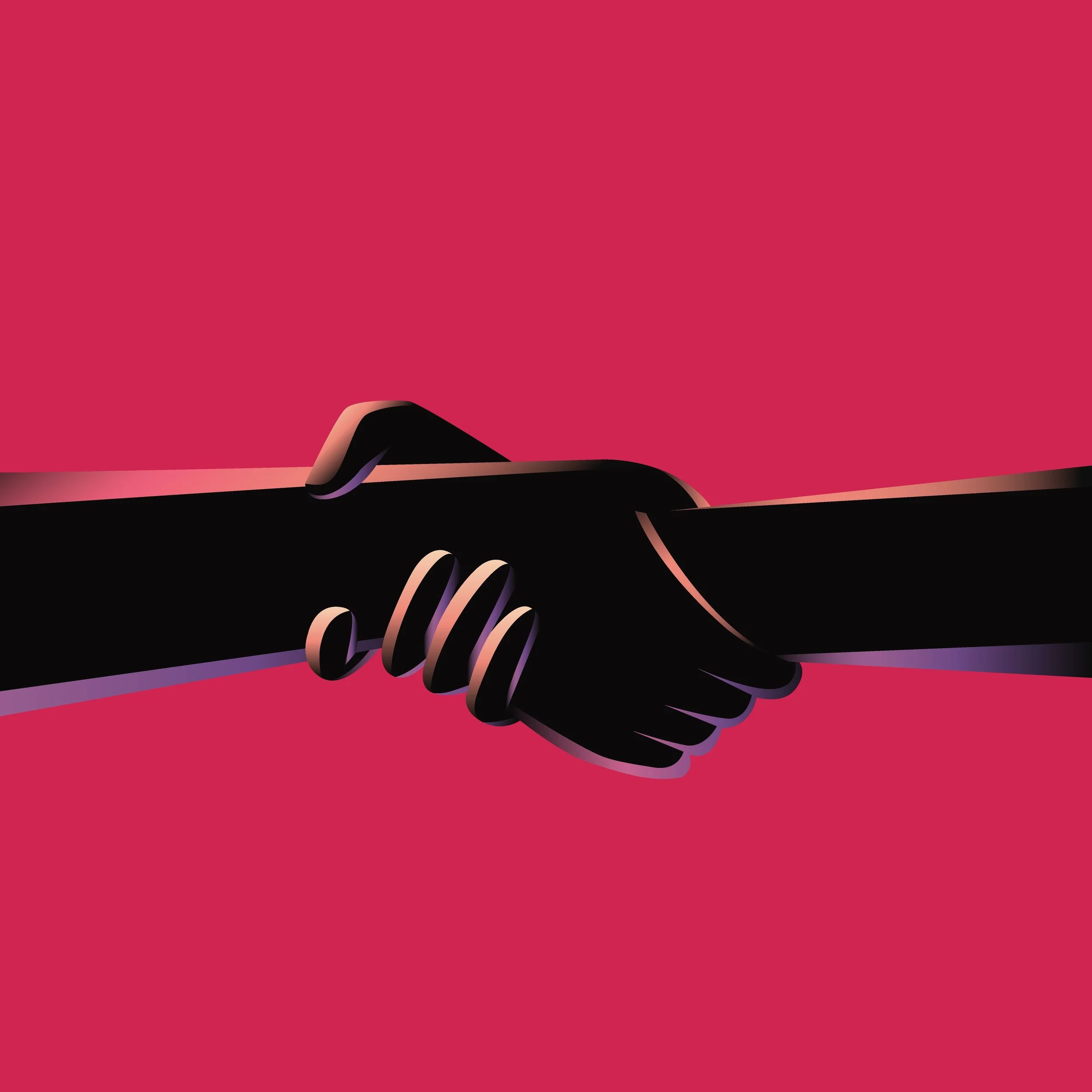It’s hard to know how to start this post. I was never a joiner. I have had opportunities to be in support groups. Mostly I didn’t accept. The one I did attend caused more harm than good – they held me up as an example to minimize other patients. A sort of, “if she can do it with all that’s happened to her, then you can, too.” I suppose it was meant to be inspiring? I was young then and didn’t realize how damaging that could be, so I allowed the therapist to continue doing it until my mom’s death gave me a reason to stop going.
Still, there is something special about having people in your life with the same condition(s). You can spend time with them and not mention patient stuff at all, but you know that you will never have to explain why things are hard because they already know. The hardest one for me is meningitis. There are so few who get it, and before the vaccine, a significant percentage of those people died. I met someone in an elevator once who had recovered from it, but her circumstances were very different from mine, and we only had about three minutes to connect, even after we got off the elevator. Even so, I was excited.
Recently, the wonderful Judy Cornish, who works in a field that would shred me emotionally, and all because of her compassion for a neighbor, suggested I connect with a man named Zander Keig. I had told her some of my patient origin story and she said his patient origin story sounded remarkably similar. So, I reached out on LinkedIn and set up a networking call, something I do a lot.
That call, scheduled for an hour, lasted for three. It was so unexpectedly long that the gravy I had simmering on the stove went from thickened to burned paste.
It would be hard to find a person who is more different from me. Different gender, different ethnicity, different orientation, different family situation growing up (at the time we each got sick), different personalities, even different illnesses. But he was also six when he got a bad batch of the MMR vaccine, which caused brain damage in the form of encephalitis (check), which left me walking into walls and with minor behavior changes and him diagnosed as having a learning disability, ADHD, and a severe personality change. There was also hemiplegia on the left side (check) and lasting challenges to our mobility (check). But his brain compensated (check). He overcame those mobility challenges (check), and even joined the military (not check – military is the one thing Type 1 diabetics can’t do. Totally understandable. No one wants to be in a hot war zone with someone having a low blood sugar.) Now no one would know unless you told them, which presents its own set of issues (check).
I think we both marveled a little as the conversation progressed. It was so unlikely that we would have so much in common. Our illness had been formative events for us both, and though the psychological fallout was different, both of us could draw a straight line between our experience and certain personality and behavioral postures we still have, and we needed no explanation of how the other got there.
But the best part was that, after we discovered the medical similarities, we let the medical part fall away and we talked about everything else – families, careers, current events. We weren’t quite so aligned in all of that, but we weren’t far off, either.
Now, I can be alone. In fact, I’m pretty good at it. The pandemic restrictions haven’t affected me nearly as much as they have others. But sometimes an experience like this comes along to remind you that you are not quite as alone as you thought you were.
It’s hard to know how to end this post. It’s even harder to overstate what this conversation meant to me. To both of us, I think. So, I will just close with a giant thank you to Judy Cornish, who, with one little suggestion, made the world a better, easier, less hostile place for me.

